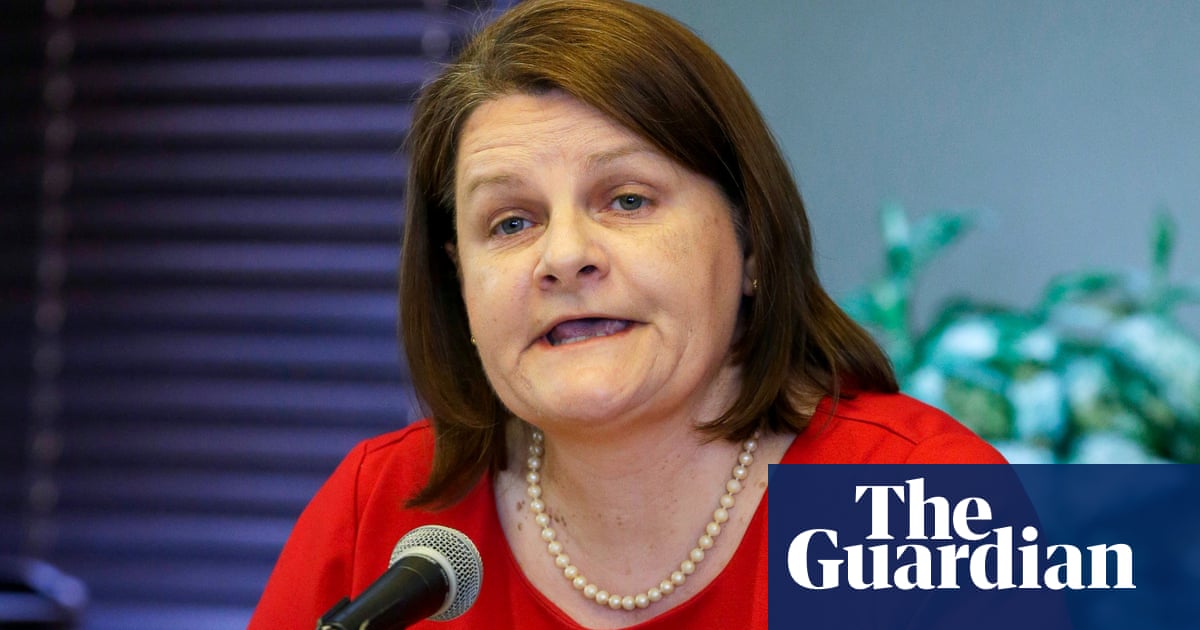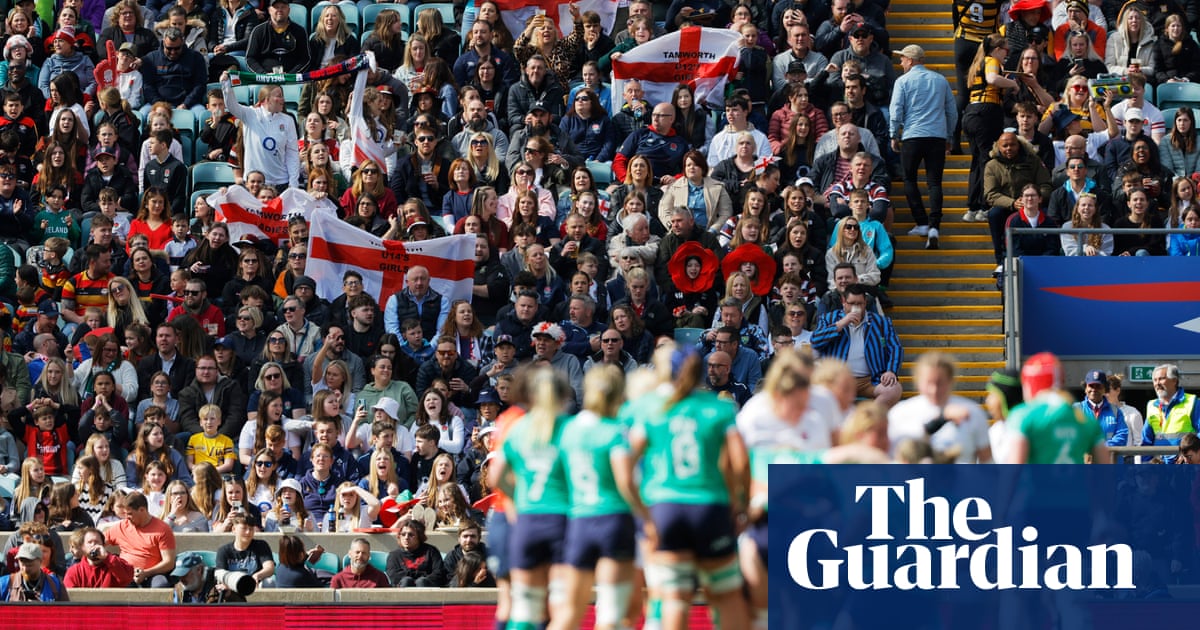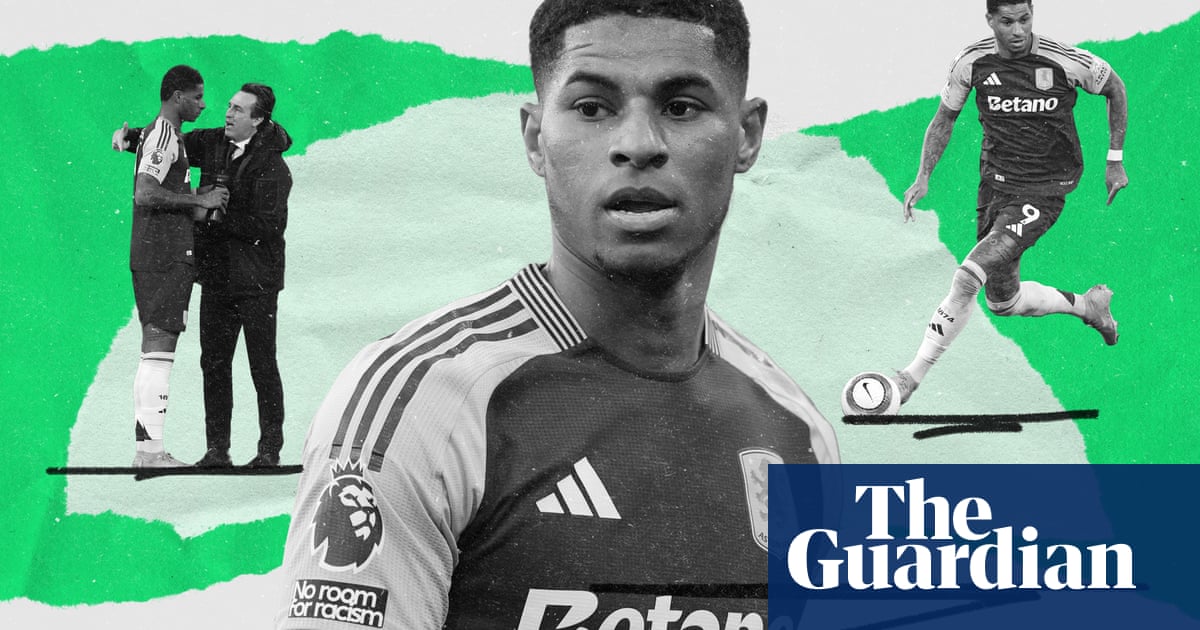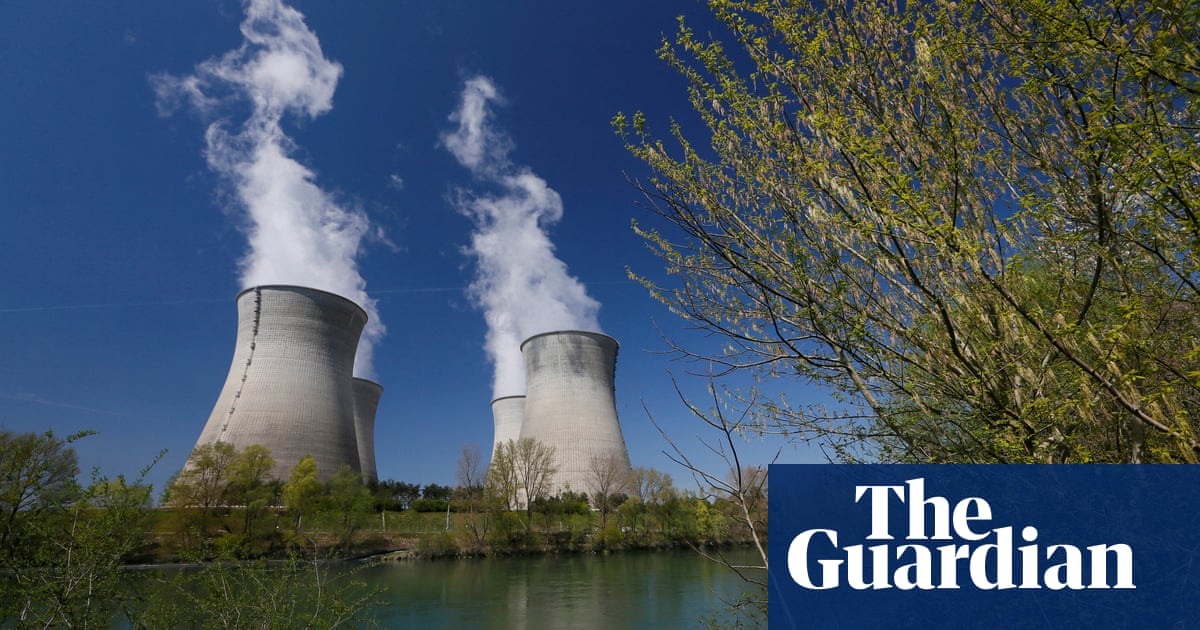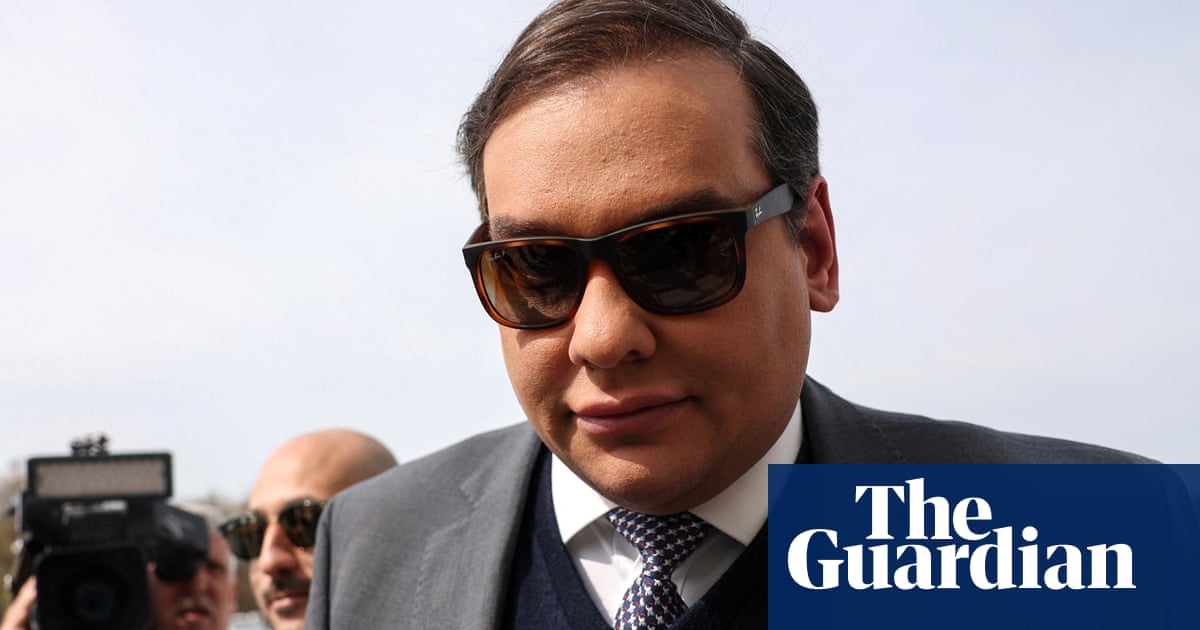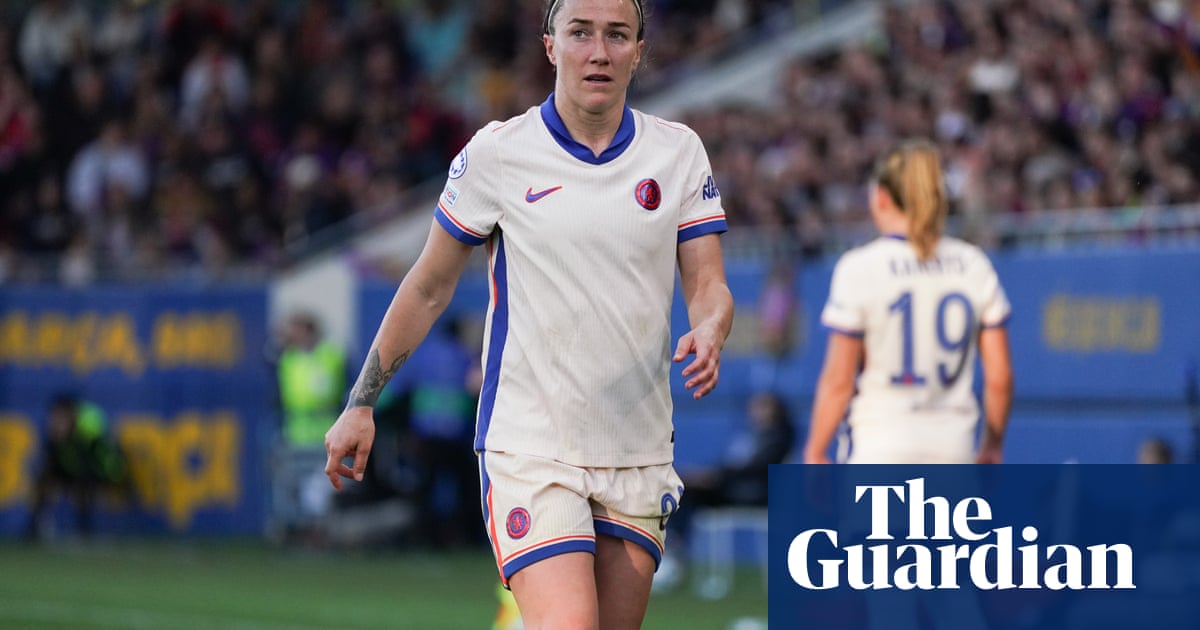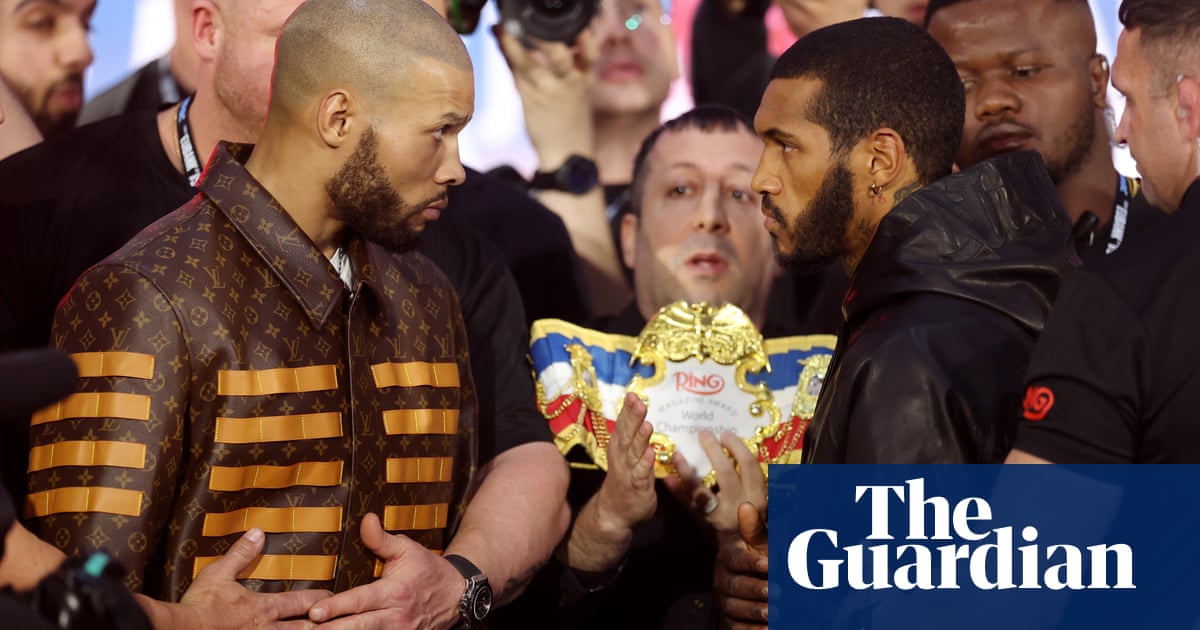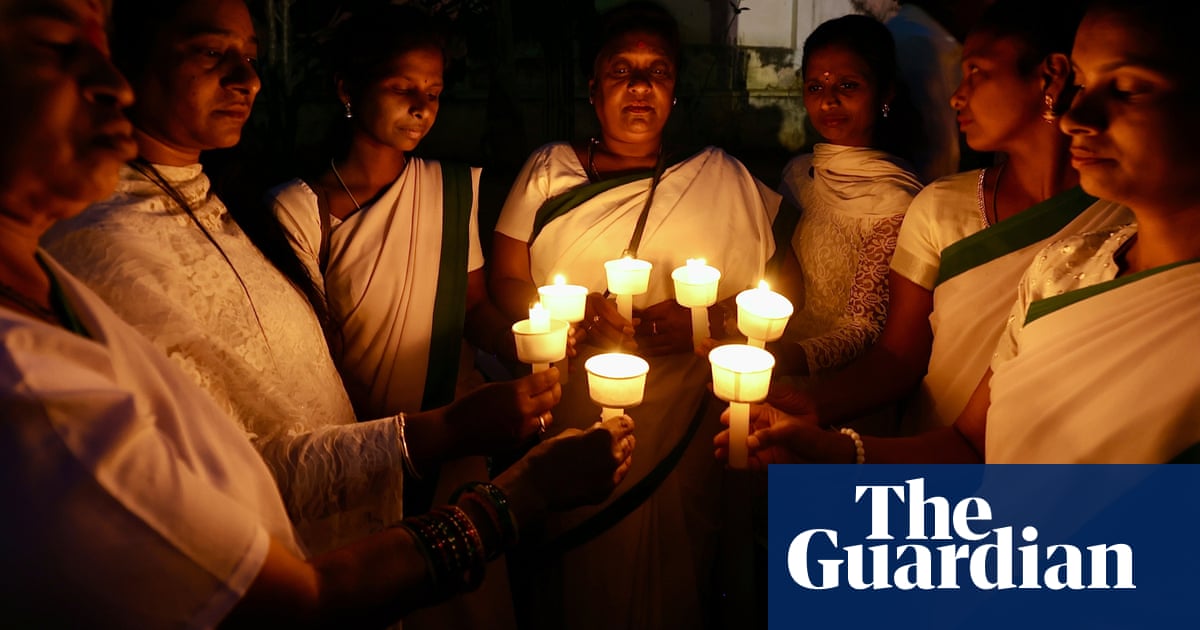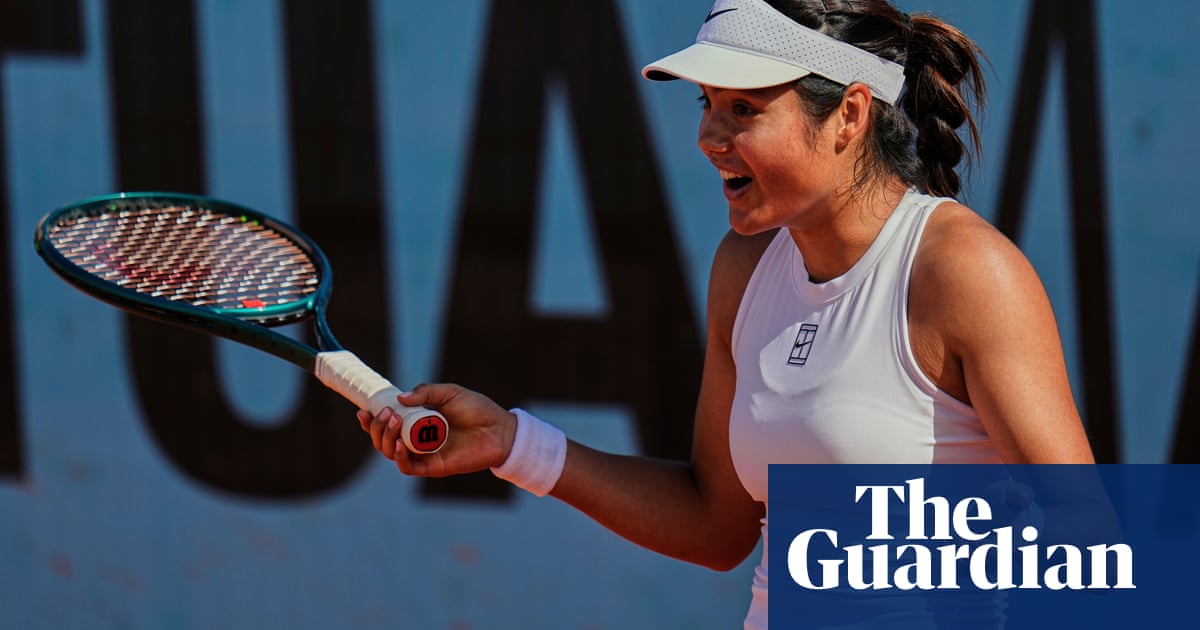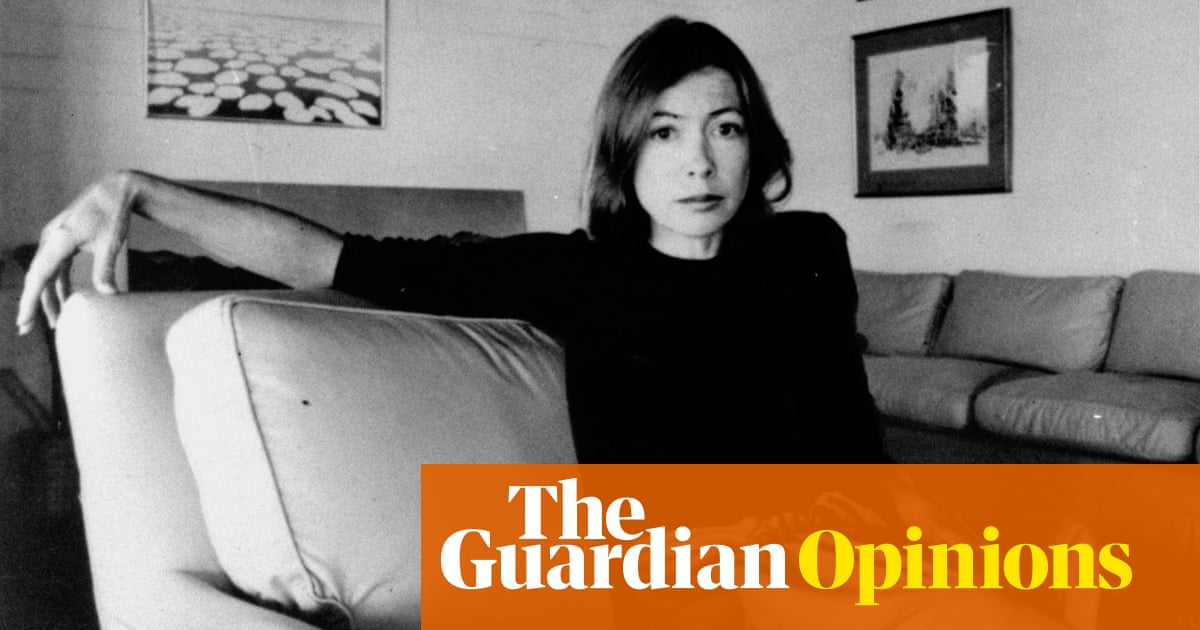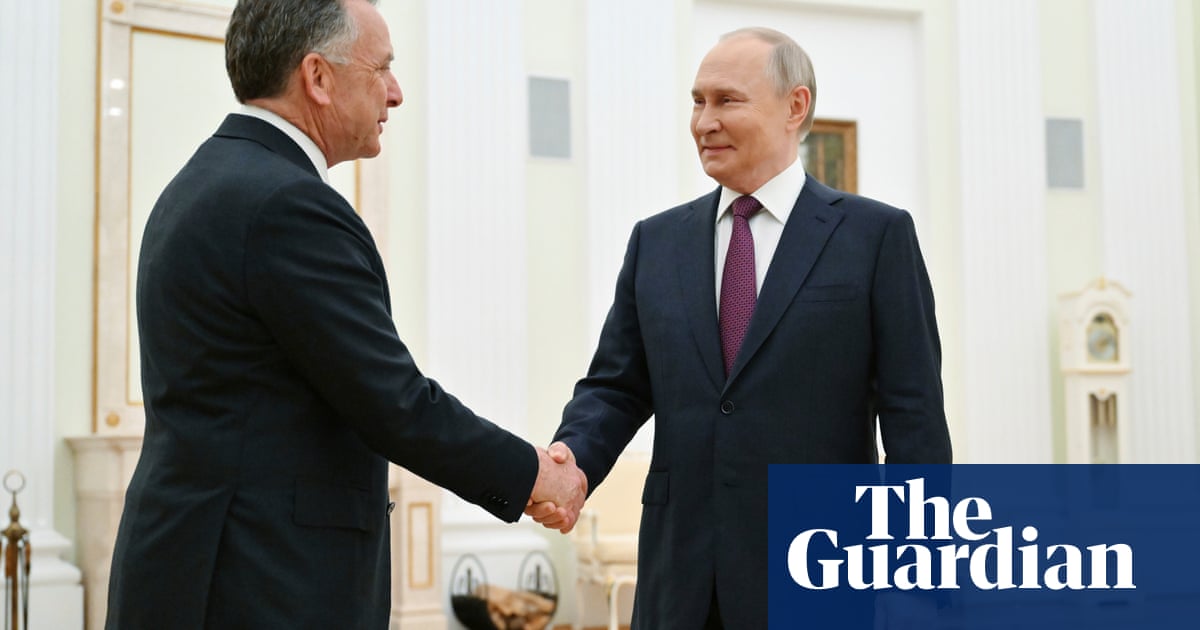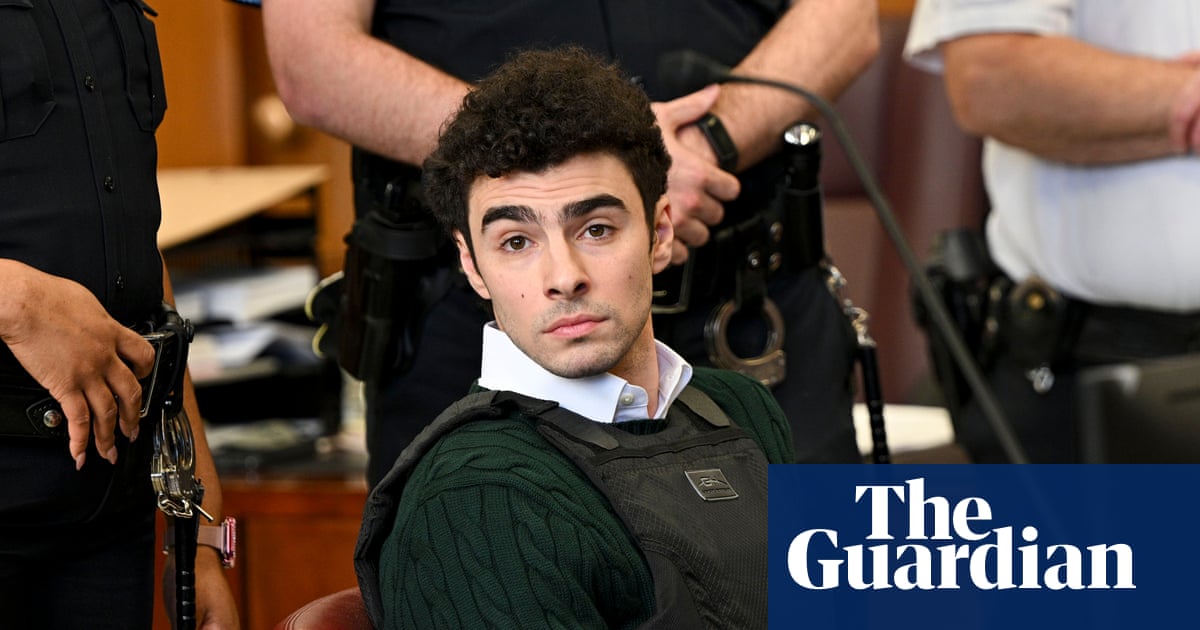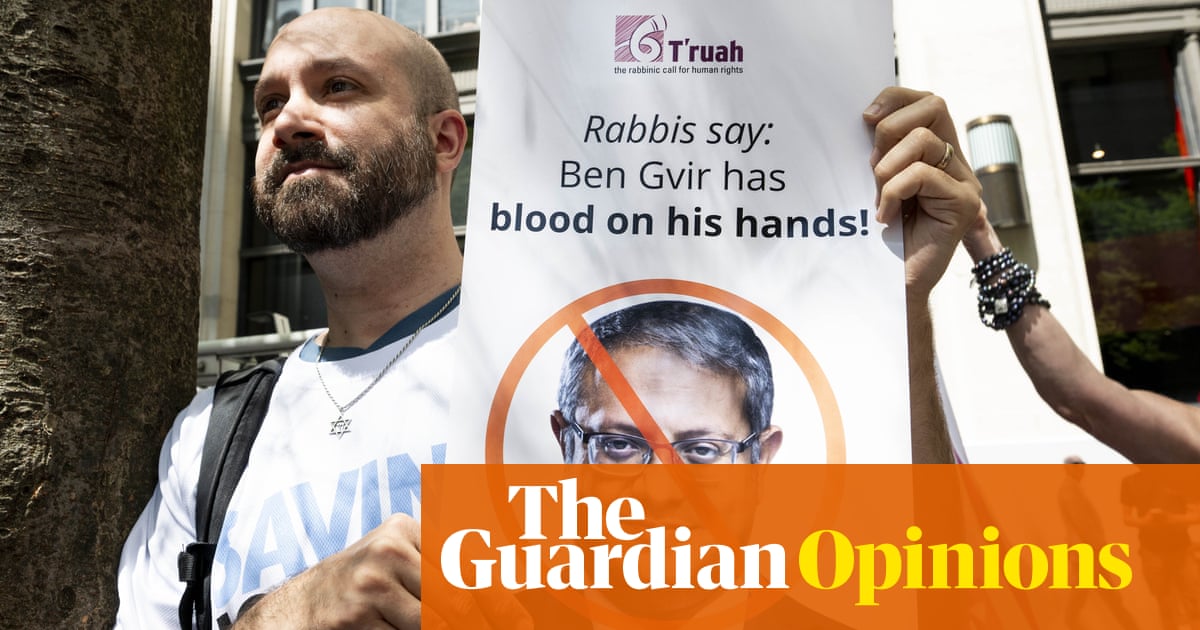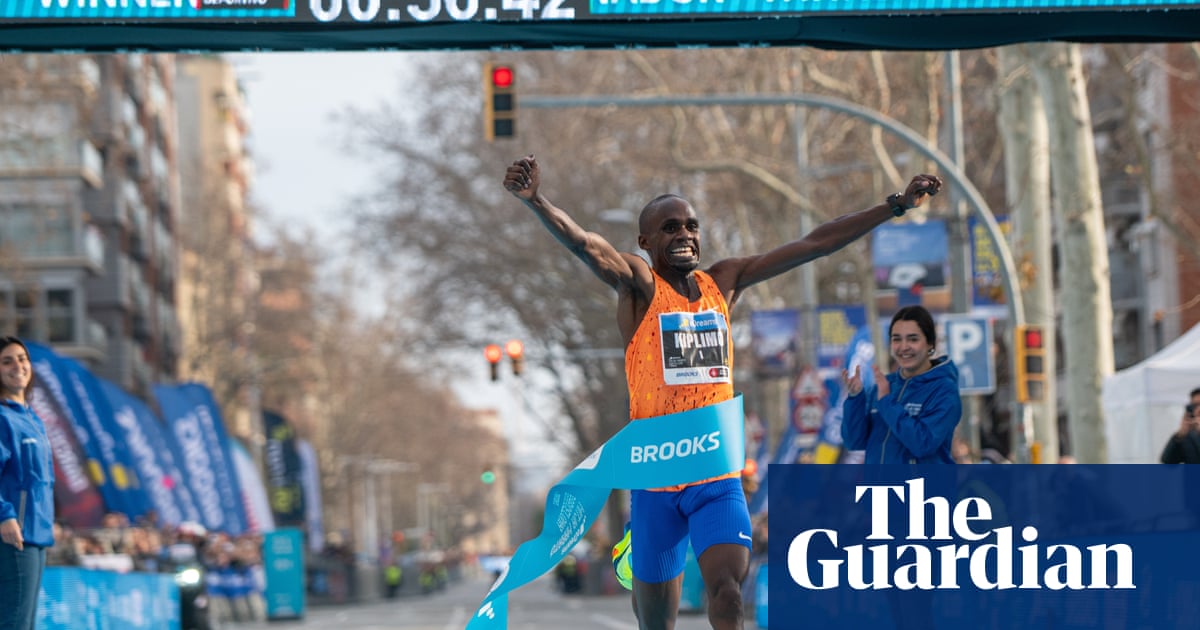Hagos Kidana Abrha has done a lot of running in his life. As a teenager he raced his friends up mountains in his home country of Eritrea. When the country’s government tried to conscript him he ran for two days to the border with Sudan to escape – his ability to run saving his life.
On Sunday, he will join tens of thousands of runners speeding past an entirely different and much safer set of landmarks – Big Ben, Tower Bridge and Canary Wharf – when he participates in the London Marathon, raising money for a refugee charity.
The event will be his first full marathon. He has completed a half-marathon in one hour and three minutes, and says he will be pleased if he can complete Sunday’s 26.2-mile course in two hours and 15 minutes.
Abrha, 25, has had little formal training as a runner, mostly running alone and teaching himself techniques by watching YouTube videos.
“Back home in Eritrea when I was 13 or 14 I used to run up the mountains with my friends. Usually I was the winner in our races. But when the time came for enforced military conscription we could not run any more and had to hide from the government. In Eritrea there is no choice about going into the army and you are forced to stay in what is a prison for life.”
He and a friend decided to try to escape before they were forcibly conscripted. They managed to cross the border into Ethiopia.
“We ran for two days in Ethiopia until we reached the border with Sudan. My friend was captured there by the soldiers but because I could run fast I was able to escape. At that time running saved my life.”
Abrha dreamed of reaching the UK, a country he had heard was safe for refugees, but knew he had to cross continents and would face a difficult and dangerous journey.
He crossed the Sahara, moving very slowly to help support women and children who were in the group he was travelling with.
“I couldn’t run across the Sahara but being a runner helped me survive this difficult journey where we had very little food or water.”
He reached Libya but was captured and tortured by traffickers.
“I tried to escape but this was a time when my running didn’t help me. I was held in some kind of house by myself for three months and was hit and abused daily. I still have the scars. The traffickers demanded that my family pay money to free me. It took a long time for my family to get the money together. They had to sell their cows and sheep to pay the traffickers.”
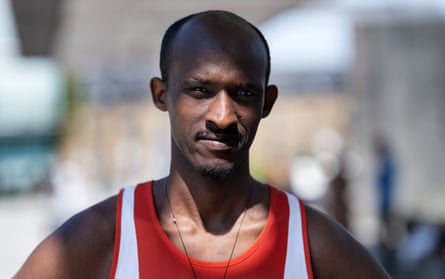
Eventually, he was freed and was able to cross the Mediterranean to Italy. He later travelled to Calais, where he made the hazardous journey across the Channel, reaching the UK in August 2024.
The Home Office placed him in different hotels and he spent a month at Wethersfield, the isolated former military base in a remote part of Essex, used to accommodate asylum seekers.
“I was there for one month. It was a very difficult time but my running saved me. I ran a lot in the hilly areas around the camp.”
In January, the Home Office granted him refugee status and he is now sofa-surfing while he tries to find accommodation and work.
His hero is the Ethiopian world record holder in the 5,000m and 10,000m Kenenisa Bekele. But if Abrha’s running progresses he will not be able to compete for Britain because of new rules introduced by the government barring citizenship to refugees who reached the country irregularly.
He is nervous and excited about Sunday’s marathon and is raising funds for the refugee charity Care4Calais, which has provided him with everything from running gear to emotional support, especially during the bleak period when he was at Wethersfield.
“I have had a lot of challenges in my life but at times when I have felt stressed and hopeless running has made me feel good and has motivated me,” he said. “Running has been my lifeline, my escape. It’s not about winning or glory, it’s about survival, strength and hope. When I fled my home country, I carried very little, but I always had my running. It gave me confidence, resilience, and a sense of control in a world that had left me powerless. For me Sunday’s marathon is not just a run and a big opportunity, it’s a step towards hope.”

.png) 5 hours ago
6
5 hours ago
6
